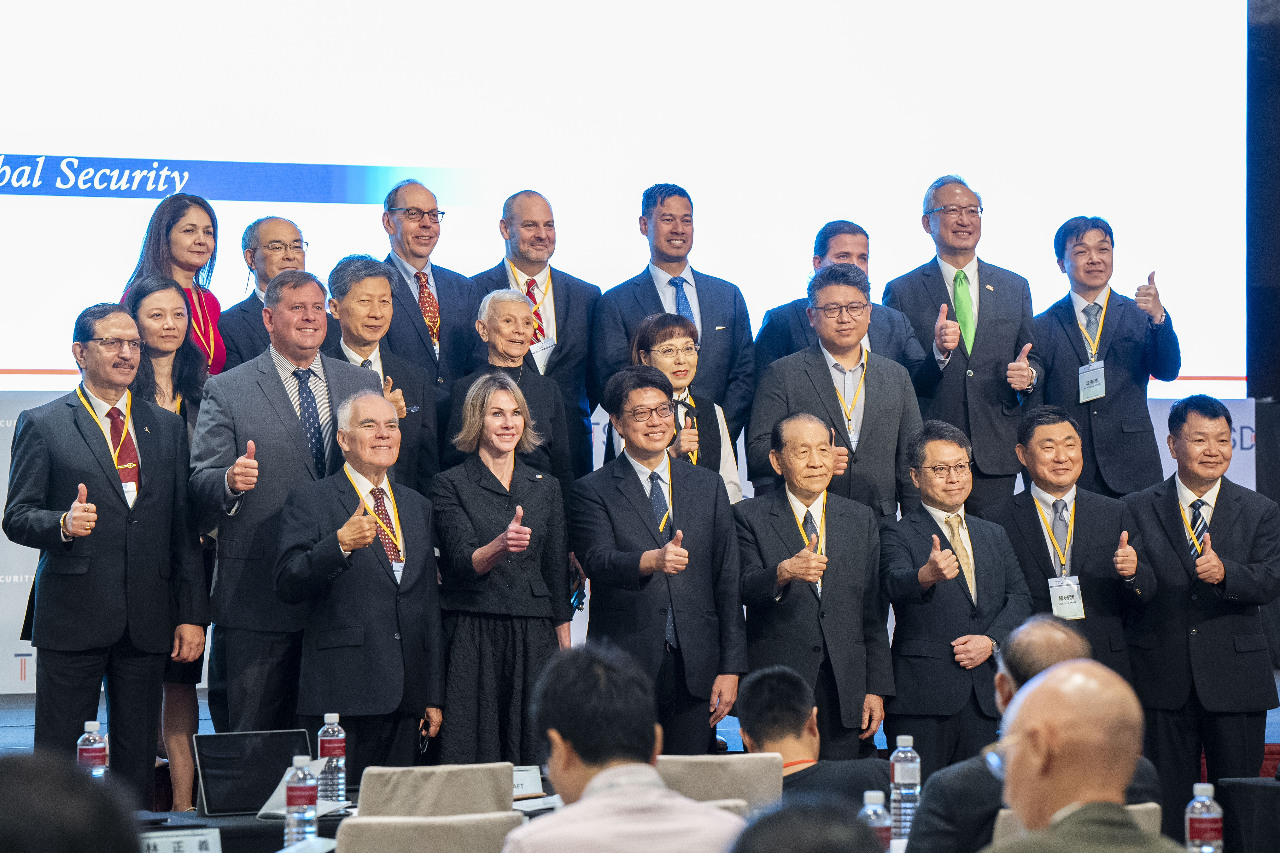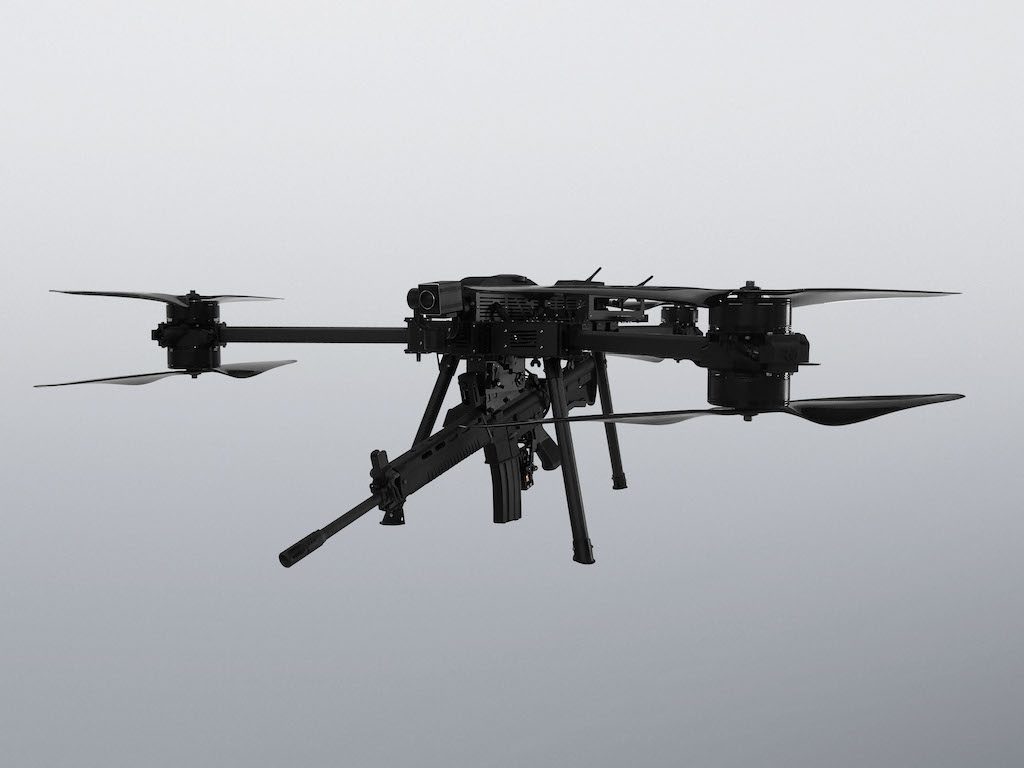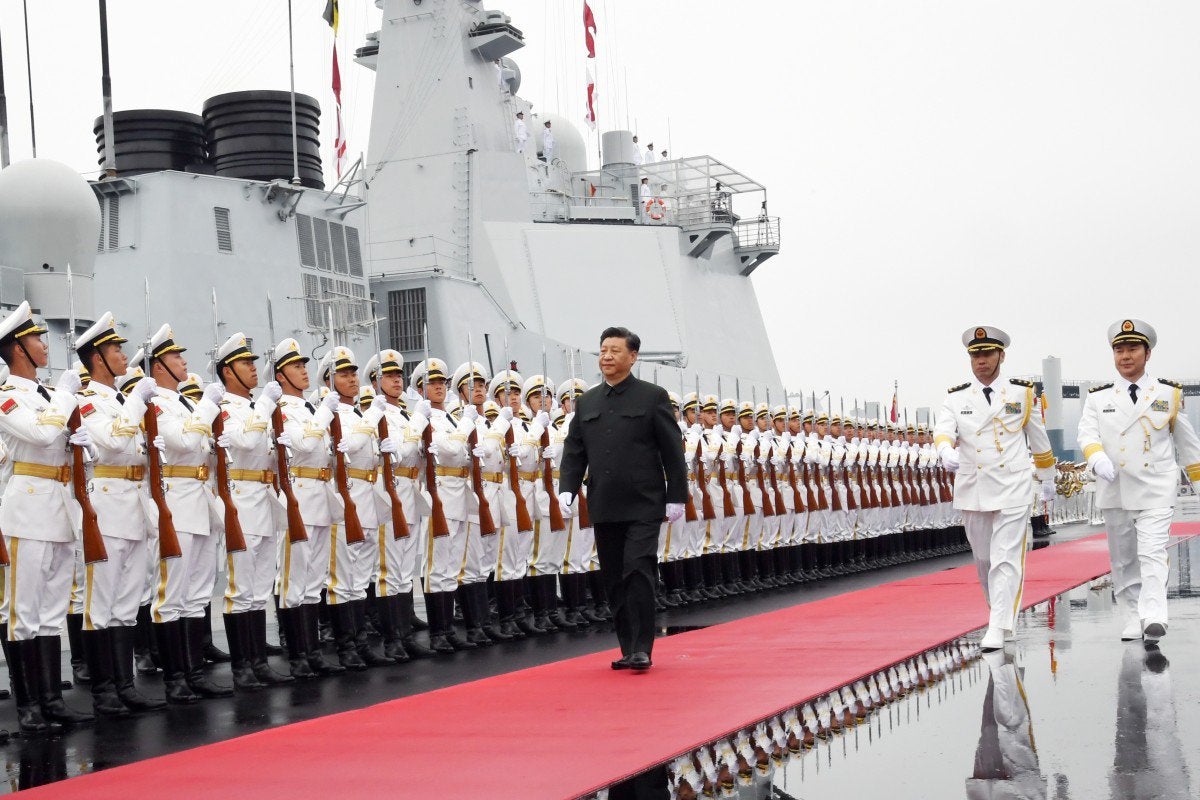Taiwan’s Institute for National Defense and Security Research (INDSR) today (12th Sept.) held the “2024 Taipei Security Dialogue”, inviting experts and scholars from many countries to focus on China’s global threats and security in the Taiwan Strait. Chiu Chui-cheng, chairman of the Mainland Affairs Council, who was invited to deliver a speech at the opening ceremony, said that after Xi Jinping took office, China developed into extreme totalitarianism and misinterpreted the so-called “92 consensus” as the “one-China principle”, so Taiwan will not accept such political conditions.
The INDSR held the “2024 Taipei Security Dialogue” at the Grand Hyatt Taipei on the 12th, with the theme of “Taiwan and Global Security under the Chinese Challenge”, in addition to experts and scholars from 9 countries including the United States and Japan, in addition to discussing topics such as “Taiwan’s importance to global security” and “maritime security in the Indo-Pacific region”, former United Nations Ambassador of United States Kelly Craft and former Australian Minister of Defense Marise Payne were specially invited to deliver keynote speeches.
General Huoh Shoou-Yeh (霍守業), the chairman of theINDSR, presided over the opening ceremony, saying that the international situation is in a turbulent era, and behind these instability, we can see the expansion of authoritarian countries. This meeting looks forward to peace-loving countries around the world to jointly strengthen deterrence capabilities and resilience, and deepen mutual coordination mechanisms to maintain world peace, stability and prosperity.
Huoh Shoou-Yeh said: “A rules-based international order will resist authoritarian expansion and prevent humanity in the Indo-Pacific region and the world from falling into the catastrophe of war.”
Chiu Chui-cheng (邱垂正), the minister-designate of the R.O.C. Mainland Affairs Council, who was invited to participate in the opening activities, explained Taiwan’s current situation and system. He said that since Xi Jinping came to power, China has been controlled by a new totalitarian bloc. In the absence of democratic management and balance, China’s development prospects are not only uncertain, but also cause chaos and unrest in regional security.
Chiu said that the Taiwan government has adhered to the policy of maintaining the status quo in the past few years, but the Beijing government has continuously escalated its military threat and has not given up reunification by force, in an attempt to undermine Taiwan’s sovereignty and undermine peace and stability in the Taiwan Strait region.
Chiu said: “They (China) insist that Taiwan must accept the so-called ’92 consensus and define it as the one-China principle. We must stress that accepting the ’92 consensus is equivalent to recognizing Taiwan as a part of China and a part of China’s reunification framework. Therefore, based on the principles of sovereignty and democracy, Taiwan will not accept such political conditions.
Chiu Chui-cheng stressed: Defending democracy is the bottom line of the Taiwan Government, and it is the consensus of Taiwan society not to take the initiative to provoke and avoid the outbreak of conflict. China and Taiwan are not subordinate to each other, and they also hope to achieve peaceful development in the region through dialogue with the Beijing Government on the basis of equality and sincerity.
國防院於今日(12日)舉辦了「2024台北安全對話」(Taipei Security Dialogue),邀請了來自多國的專家學者參加,重點討論中國對全球的威脅及台海安全問題。陸委會主委邱垂正在開幕式上致詞時指出,自習近平上任以來,中國已發展成為極端的集權主義,並將所謂的「九二共識」曲解為「一中原則」,因此台灣不會接受這樣的政治條件。
本次「2024台北安全對話」在台北君悅飯店舉行,主題為「中國挑戰下的台灣與全球安全」。會議吸引了來自美國、日本等九個國家的專家學者,針對「台灣對全球安全的重要性」及「印太地區海事安全」等議題展開討論。此外,會議特別邀請了美國前聯合國大使克拉夫特(Kelly Craft)和澳洲前國防部長潘恩(Marise Payne)發表專題演講。
國防院董事長霍守業在開幕式上表示,當前國際局勢動盪不安,背後隱藏著威權國家的擴張。他期望全球熱愛和平的國家能共同加強威懾能力與韌性,深化協調機制,以維護世界的和平、穩定與繁榮。霍守業強調:「以規則為基礎的國際秩序,能有效抵擋威權的擴張,避免印太地區及全球陷入戰爭的災難。」
在開幕活動中,邱垂正針對台灣的現狀及制度進行說明。他指出,自習近平上台以來,中國已被新的集權主義集團所掌控,缺乏民主的管理與平衡使得中國的發展前景不明,並導致區域安全的混亂與不安。
邱垂正表示,台灣政府在過去幾年堅持維持現狀的政策,但北京政府卻不斷加大軍事威脅,並不放棄武力統一的企圖,試圖破壞台灣的主權及台海的和平穩定。他強調:「中國堅持台灣必須接受所謂的九二共識,並將其定義為『一個中國』的原則。我們必須強調,接受九二共識就等於承認台灣是中國的一部分,屬於中國統一框架的一部分。因此,基於主權和民主的原則,台灣不會接受這樣的政治條件。」
邱垂正重申,捍衛民主是台灣政府的底線,避免主動挑釁和衝突的爆發是台灣社會的共識。他指出,中國與台灣兩國互不隸屬,並希望在平等和真誠的基礎上與北京政府對話,以實現區域的和平發展。



